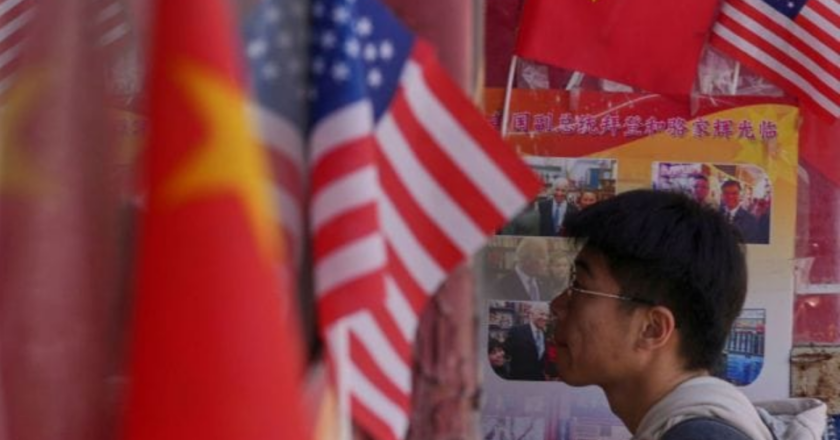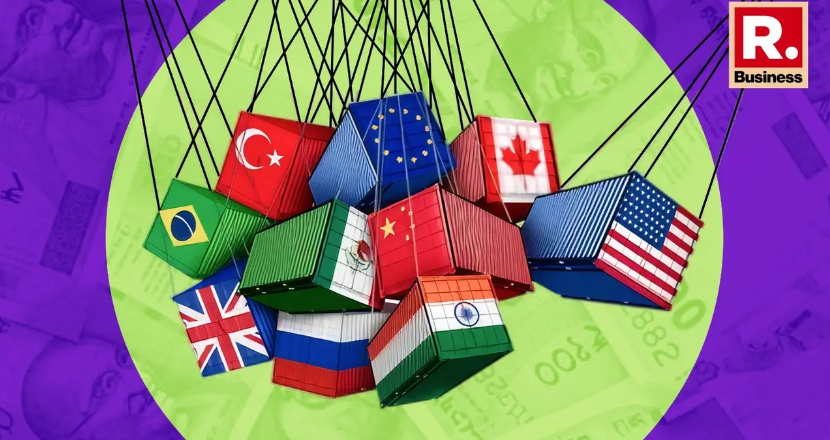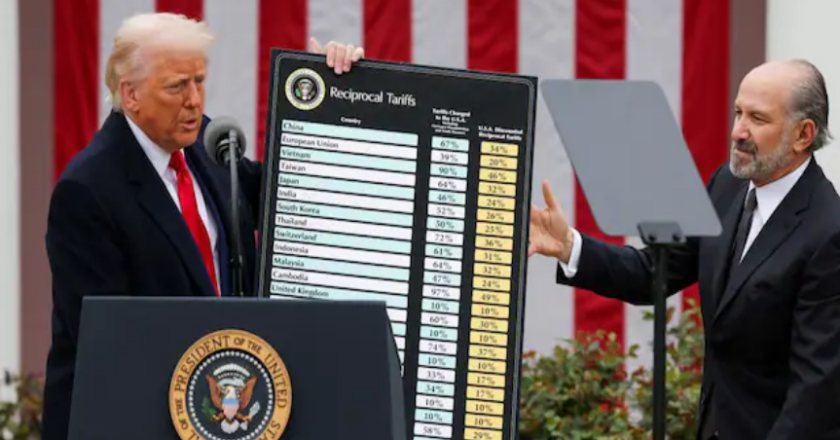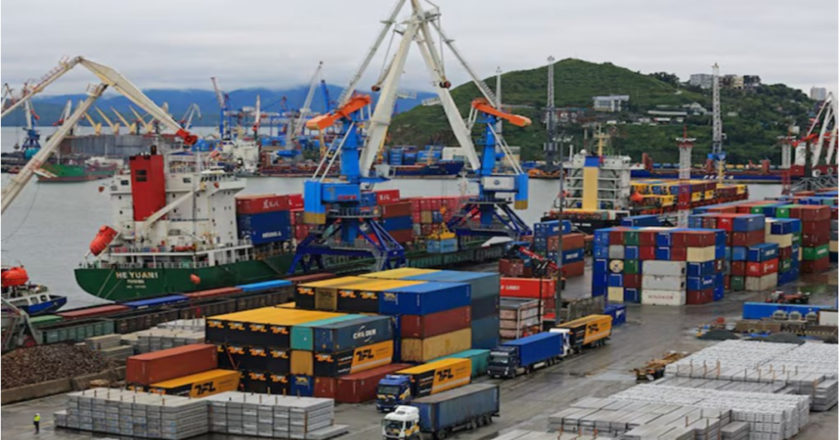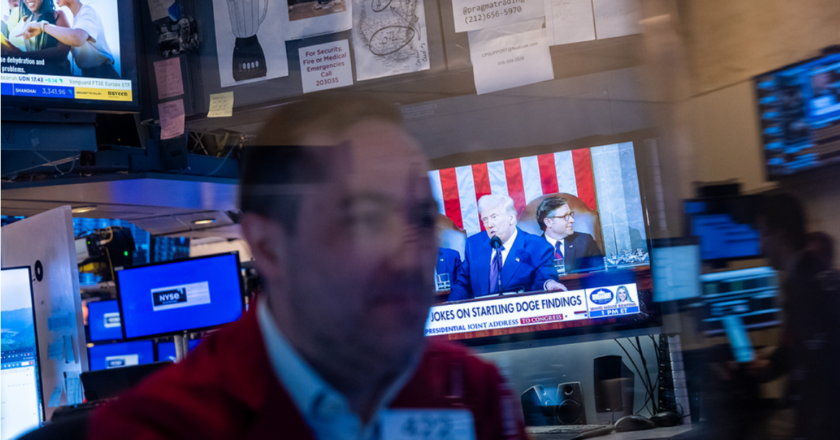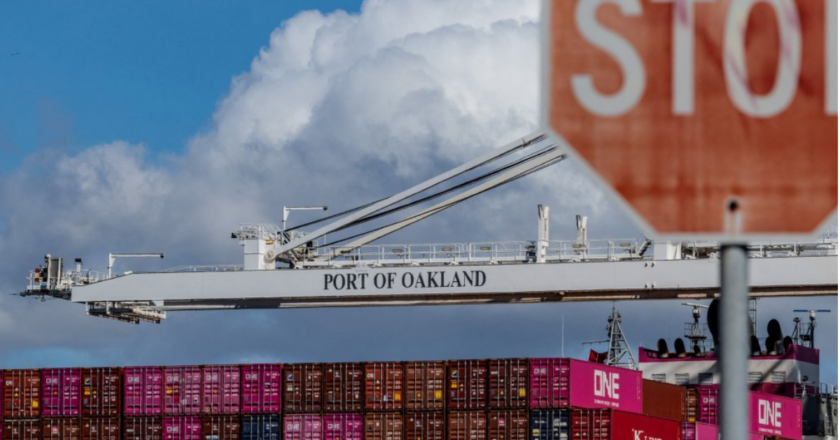Comprehending the Labor Shortage in America
We hear every day from our member companies—of every size and industry, across nearly every state—that they’re facing challenges trying to find enough workers to fill open jobs.
The U.S. Chamber is capturing the trends on job openings, labor force participation, quit rates, and more for a quick understanding of the state of the workforce in our America Works Data Center. Read on for an analysis of the state of the workforce on the national level.Why are we in a worker shortage?At the height of the pandemic, more than 120,000 businesses temporarily closed, and more than 30 million U.S. workers were unemployed. Since then, job openings have steadily increased while unemployment has slowly declined.In 2023, employers ended up adding 3.1 million jobs. A strong jobs market is good news, bu...


